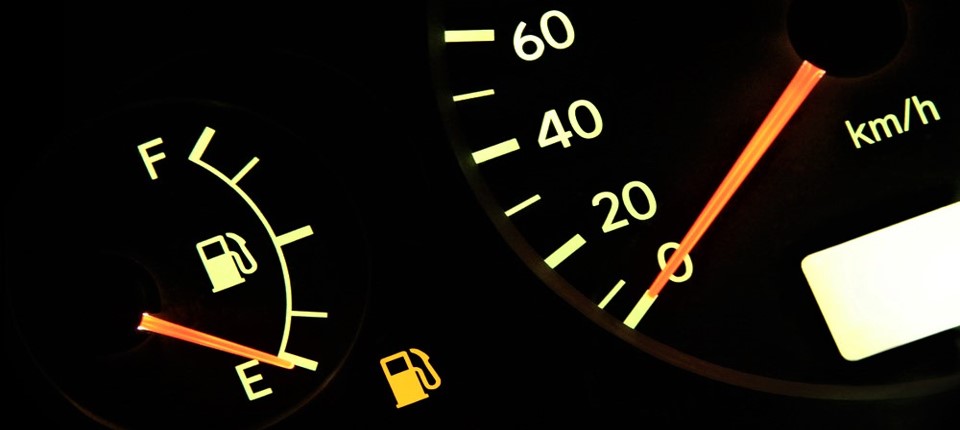Addressing CO2 reduction from the wrong end
The court’s Shell ruling in May 2021 aims to reduce CO2 from the production side, ordering an oil producer to lower the CO2 emission of their customers with 45% by 2030. This fits in with general climate policies to focus on energy production (solar panels, wind turbines, biomass, hydrogen factories) instead of energy consumption (reducing car fuel consumption, insulating houses, prolonging product life times, addressing world population growth). Focus on energy production is however ineffective, and will not bring us near the climate targets. Only a reduction of energy consumption can do that.
The present focus on energy production, aiming to exchange fossil fuels for renewable alternatives, appears to be based on two principles: Industries must continue their production volumes and flourish on building all the subsidized new energy infrastructure, and citizens must be put at ease by removing the responsibility to lower their consumption. Politicians are applying this strategy for quite some time, and judges now appear to follow. Even when it comes to a very basic and effective measure such as reduction of car fuel consumption, the responsibility for that is put at the beginning of the oil chain where most people cannot see and feel it.
The latter appears to be fundamental: The large majority of people is in favor of sustainability in general, but another large majority of people is unwilling to reduce their consumption and to accept wind turbines and solar panels in their backyard. Wind turbines and solar panels, i.e. energy production, are nevertheless forced upon us, while consumption reduction in many aspects of our lives is largely ignored by policy makers. This is especially irrational since CO2 reduction by consumption reduction is much larger, faster and cheaper than by production measures. My view is that consumption reduction must bring some 80% of all the CO2 we can save in the coming 30 years. Halving our worldwide energy consumption is in fact an essential condition to come anywhere near the climate targets. This should therefore be addressed first thing, rather than putting all our money on new energy production infrastructure.
In addition, the psychological effect of the Shell ruling can be disastrous. It removes the responsibility of you and me to consume less gasoline, and of car manufacturers to develop ultraefficient cars that consume 1 liter in 50 km or 1 kWh in 15 km. It furthermore enhances the notion that big companies in general and oil producers in particular are the bad guys, and that they instead of us must solve the problem of fossil fuel consumption. This can bring lethargy, complacency, contempt and polarization in society, more so when we realize that Shell has been saddled with an impossible task. No company in the world can be held responsible for the actions and behavior of their customers. If a product is deemed harmful (cigarettes, liquor, weapons, ivory, narcotics), the consumption side of the chain (retail, advertising, possession, use) must be restricted or prohibited first and foremost. After that, production regulation, limitation or ban can be added. The order cannot be reversed, as supply reduction without demand reduction creates more scarcity, drives up prices, and attracts new producers.
In addition, no one can make energy out of nothing. The court’s ruling suggests that Shell should come up with alternatives for oil. It occurs to me that no company can in any way be forced to change their product portfolio, apart from the question what these alternatives can be. Instead, Shell could simply halve its oil production. This will confront the world with a serious energy shortage, as in a fair and level playing field other oil producers would have to follow. Otherwise, these others would simply take over Shell’s market share, and no CO2 reduction would result. And none of them can in any way be forced to develop alternatives for oil, let alone make energy out of nothing.
The people that cheer at Shell’s conviction do not realize that our and their lives and actions would not be possible without oil. They would not be able to go on the internet, use social media, work, move and meet, make banners, dress up, take their medicine and eat properly every day. How is it that the connection between our daily wellbeing and the industries that make this possible has disappeared so much out of our sight? How is it that millions of hard working people in thousands of innovative companies making all the stuff around us are cursed for what they do. How is it that a company like Shell, though not without fault, is being framed as a criminal enterprise that brings hell? If people view the world in such a disrespectful, intolerant and totalitarian way, we will most likely not realize any climate targets at all.
We, and only we ourselves, every one of us, can make the real difference in our own personal lives, by halving our consumption in all respects. We can shout at oil producers and airlines, or shout at the full moon, but it will bring us nothing apart from the illusion that we have done something useful. It may cleanse our conscience for a while, but it will not reduce any CO2. Instead, we can all reduce CO2 tomorrow by driving more slowly, use existing stuff longer and insulate our home. Consumption is key, production will follow.
Consumers demand immediate delivery of everything they order, from meals and clothes to gigabytes and gas. If something we want isn’t there, we get upset and switch suppliers. The Shell ruling, enforcing 45% reduction of oil production and therefore of all production, implies that we will not get what we want half the time. Should that be the way to halve our consumption, or should we accomplish this ourselves in our own time and manner? I prefer the latter.
